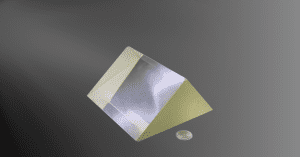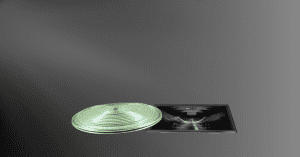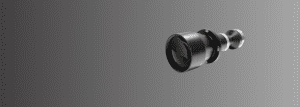Key Takeaways
- Fresnel Lens Basics: Thin and lightweight lenses with concentric grooves in plastic or glass, named after physicist Augustin Jean Fresnel.
- Applications: Used in various applications, including computer-controlled systems, traffic lights, and scenarios requiring manipulation of light beams.
- Design Advantage: Divided into concentric annular sections for large apertures with short focal lengths, minimizing material compared to conventional lenses.
- Imaging Trade-off: While offering a thin profile, they sacrifice imaging quality, making them suitable for applications where precise imaging is not crucial.
Fresnel lenses, named after the French physicist Augustin Jean Fresnel, consist of a series of concentric grooves etched into plastic or glass. Their thin and lightweight construction, available in various sizes, and excellent light-gathering ability make them useful in a variety of applications, including computer-controlled systems. These lenses are often employed in light-gathering applications, such as condenser systems, emitter/detector setups, magnifiers, and projection lenses in illumination systems and imaging applications.
A Fresnel lens, whether made of plastic or glass, is a type of composite compact lens designed to reduce the amount of material required compared to a conventional lens. The design divides the lens into a set of concentric annular sections, allowing for the construction of lenses with large apertures and short focal lengths without the mass and volume of material associated with a conventional lens. Some Fresnel lenses can take the form of a flat sheet, especially when made of plastic.
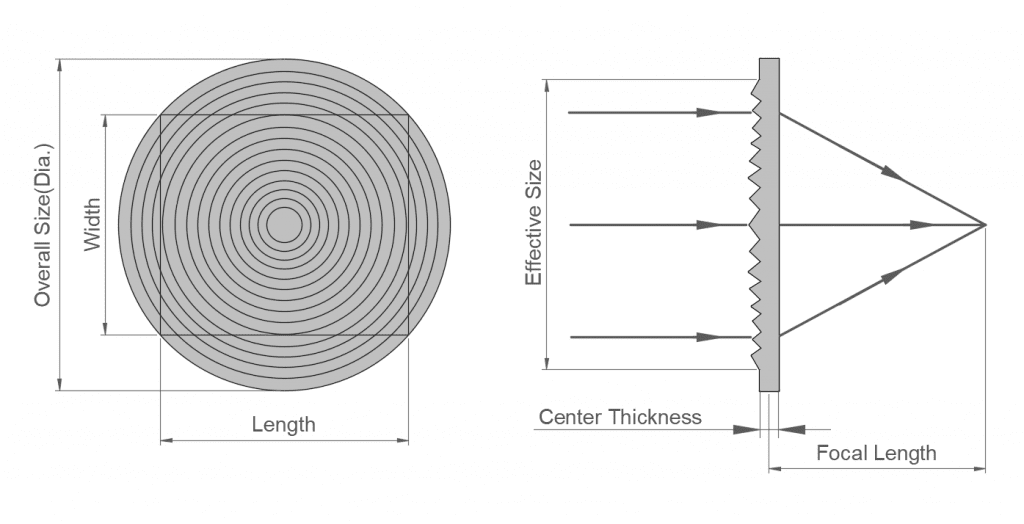
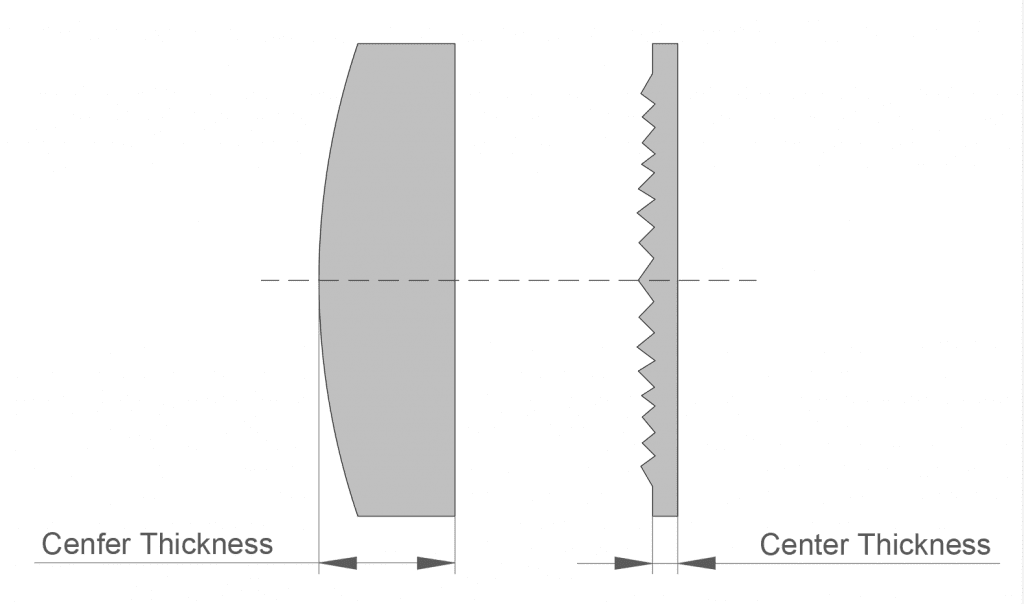
While Fresnel lenses share the same curvature as a conventional lens, they feature threads of different sizes engraved on one side. The advantage of using a Fresnel lens is its thin profile and lightweight construction, making it suitable for various applications. However, employing a Fresnel lens entails a trade-off; while it can be made multi-threaded for clearer images, the ability to focus light on one point becomes challenging, and the curvature may not always be accurate.
Fresnel lenses, whether crafted from plastic or glass, offer advantages such as their thin and lightweight construction, availability in small and large sizes, and excellent light-gathering ability. These lenses find applications in traffic lights, computer-controlled systems, and other scenarios requiring the manipulation of a beam of light. The thin profile of Fresnel lenses allows them to focus light similarly to a traditional optical lens while being suitable for smaller-scale applications compared to many conventional lenses.
In terms of imaging quality, Fresnel lenses provide a substantial reduction in thickness, mass, and volume of material at the expense of imaging quality. Precise imaging applications, such as photography, often still prefer larger conventional lenses. The ability of Fresnel lenses to focus light makes them beneficial in scenarios where precise imaging is not paramount. Whether made of plastic or glass, these lenses play a crucial role in various optical applications, combining the advantages of their innovative design with optical quality glass.
In conclusion, Fresnel lenses demonstrate notable efficiency in specific applications while presenting trade-offs in others. The thin and lightweight construction, availability in various sizes, and excellent light-gathering ability make them efficient in scenarios such as traffic lights, computer-controlled systems, and other applications where the manipulation of a beam of light is crucial. Their design, dividing the lens into concentric annular sections, allows for large apertures and short focal lengths without the bulk associated with conventional lenses.
At Avantier we create custom optics for clients in a wide range of fields, from medicine and defense to research to industry. Whether you need a plastic Fresnel lens for a consumer application, a glass Fresnel lens for cutting edge research, or any other lens or optical component, we have you covered. Contact us today to place a custom order or schedule your introductory consultation.
GREAT ARTICLE!
Share this article to gain insights from your connections!



